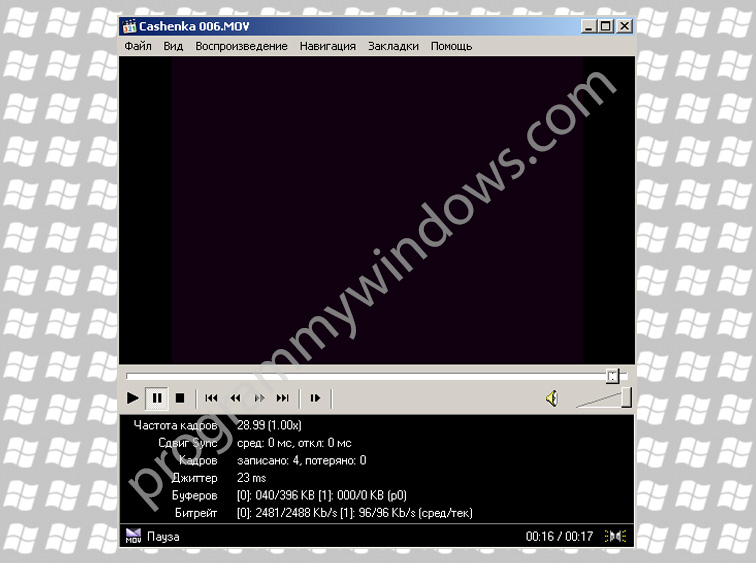

LAV is based on the popular GNU-licensed FFmpeg. The release notes for version 1.7 actually stress the increased stability. MPC-HC’s new-found stability with video seems due to replacing its old internal DirectShow filters with Nevcairiel’s excellent LAV filters. It might be nice if it displayed a frown clown instead of just sitting there, but that’s being picayune. MPC-HC simply doesn’t play a file it doesn’t understand. Sometimes killing the VLC process tree using task manager is the only solution. When VLC runs into a problem, it often goes into a loop that requires several attempts to break out of.


There was another factor: The stark difference between the way the two programs react to a file they don’t understand. Both programs played VCDs and DVDs (even commercial ones), nicely handling the menus and other elements, and both played non-protected Blu-ray movies, too. On the other hand, MPC-HC did play another older MPEG-1 that choked VLC. Both also had a hard time seeking in certain WMV files, though VLC was quicker on long jumps. There was one exception: an old MPEG-1 file that VLC won’t handle either. What’s more, MPC-HC played nearly everything else I threw at it. Using the LAV filter pack, the program is more stable with bad files than VLC. The list of internal video and audio codecs employed by MPC-HC is vast. This won’t affect many users now, but it may soon. VLC skipped frames like they were going out of style. I’d expected this from VLC, whose authors are almost fetish-like in supporting everything, but VLC didn’t play the 4K files as smoothly. I’m not sure why it surprised me, but MPC-HC played HEVC (x.265) files flawlessly, including 4K with decently high bit rates.


 0 kommentar(er)
0 kommentar(er)
